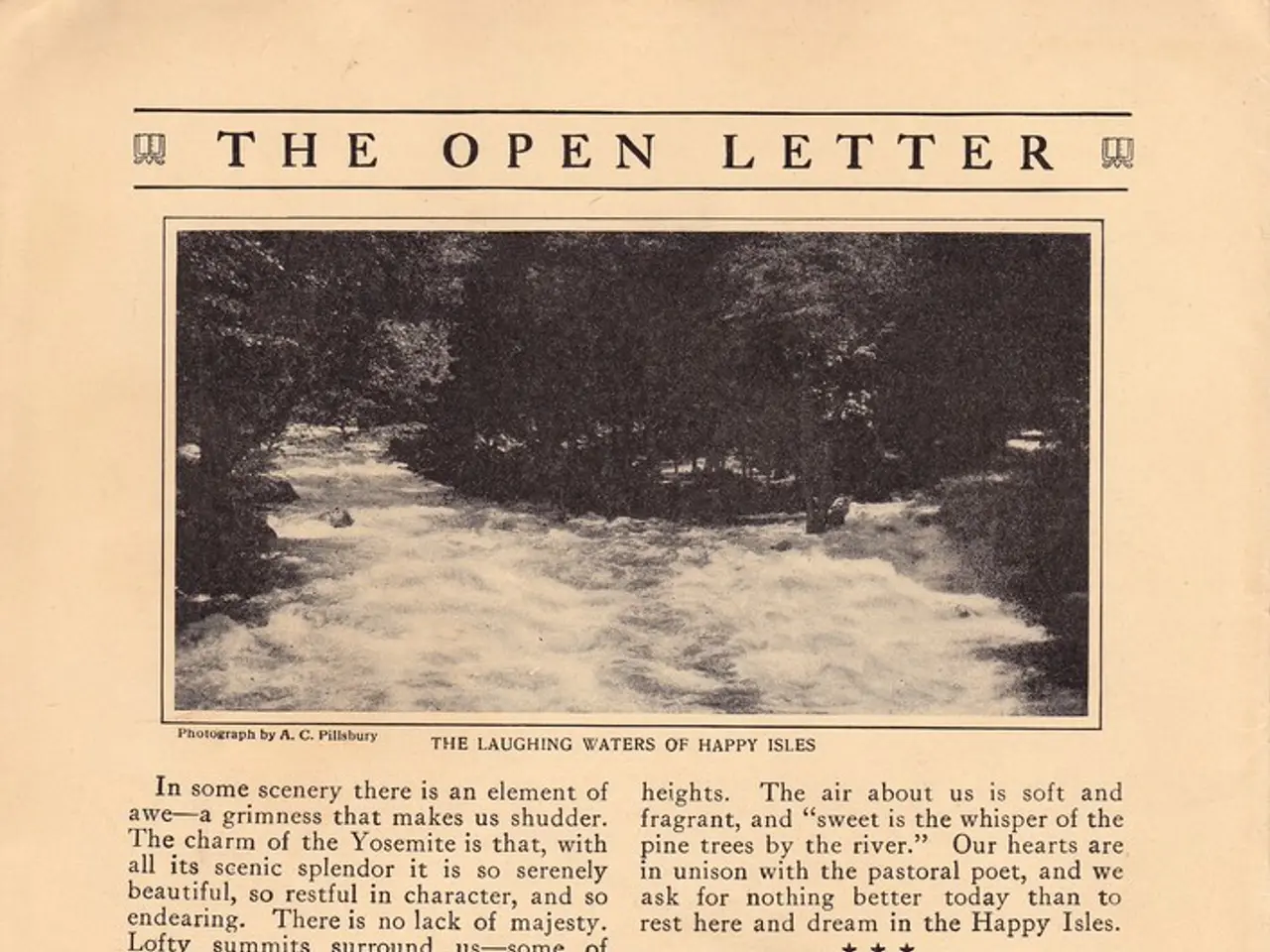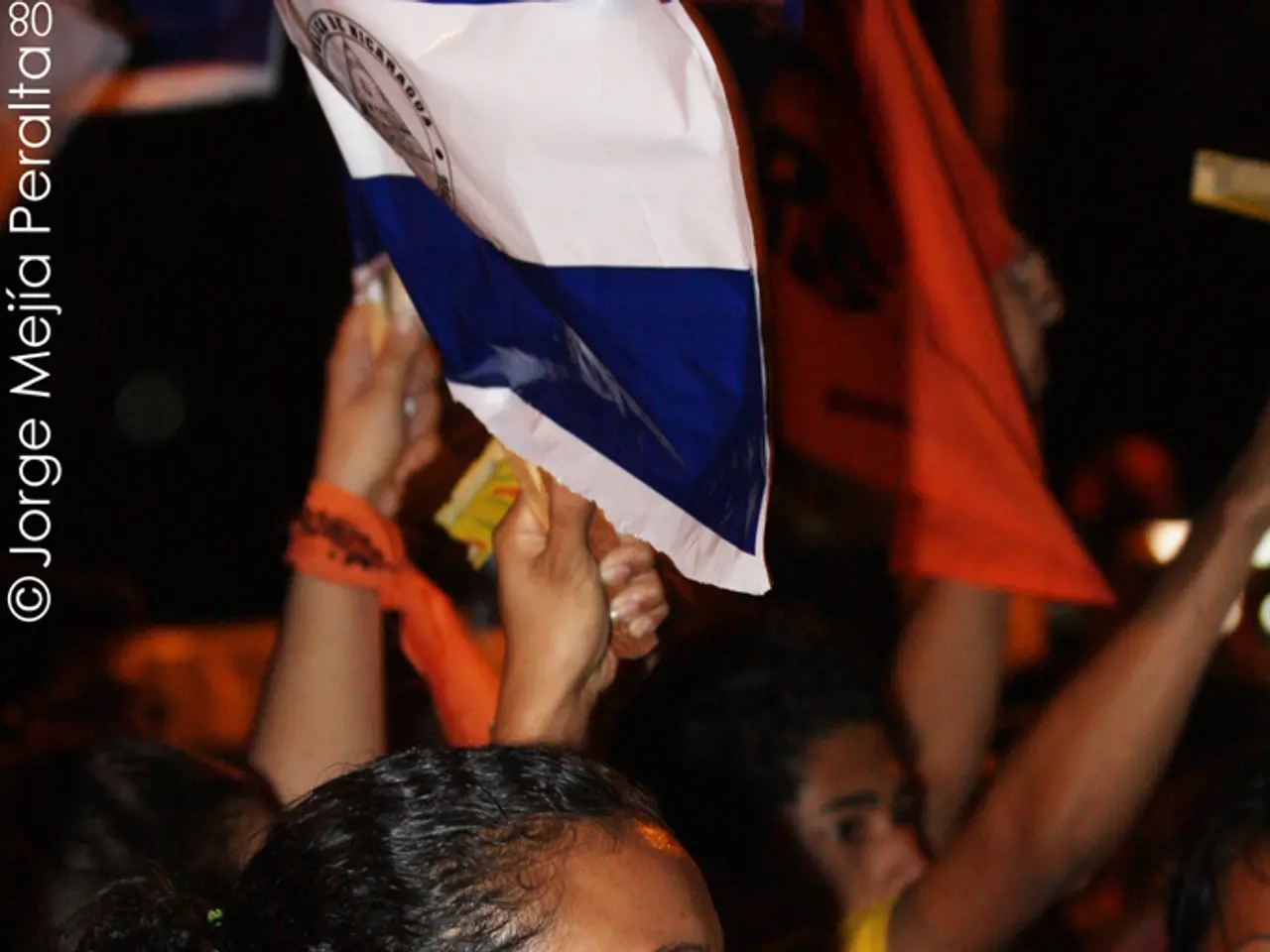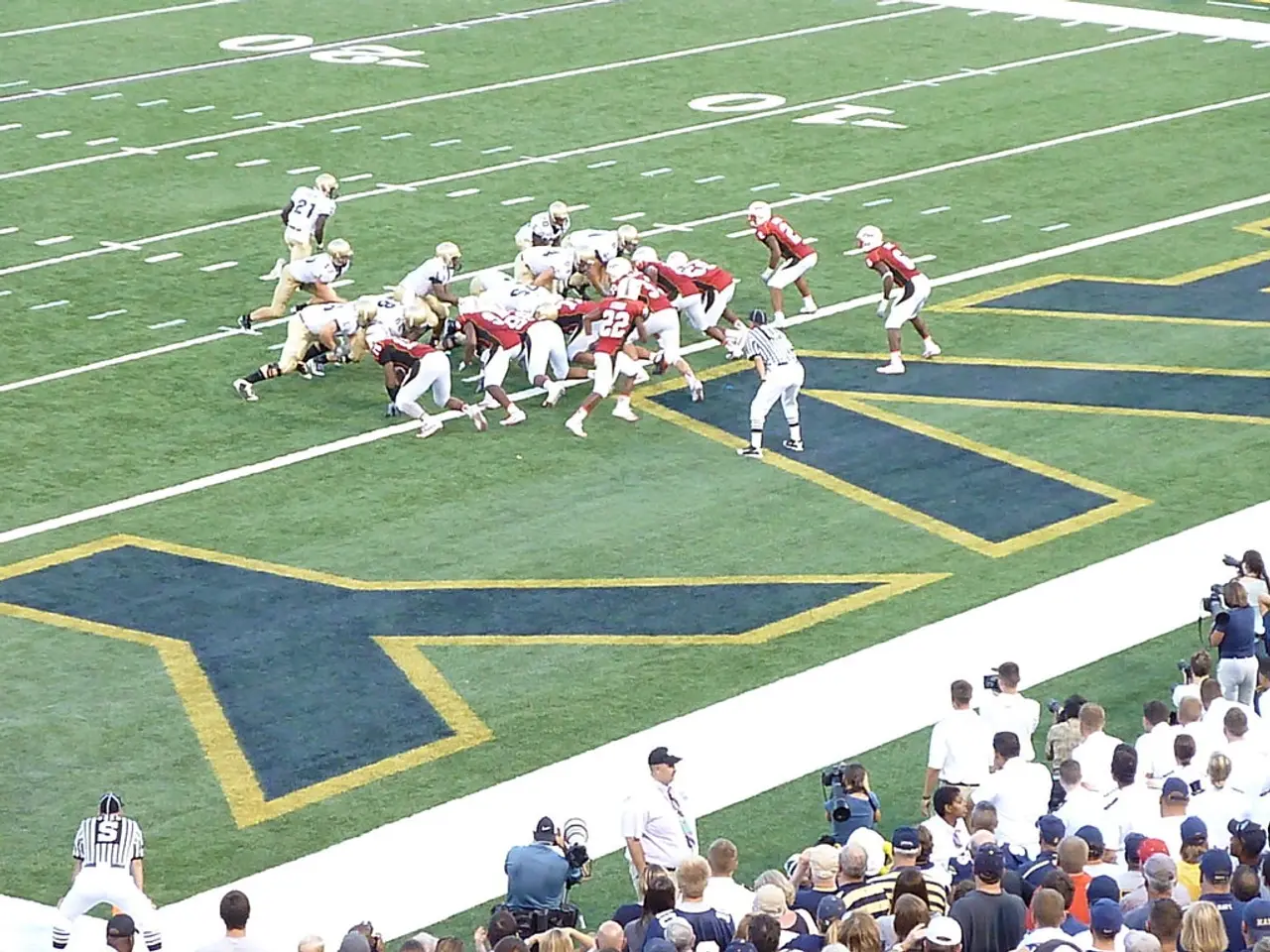Russian authorities reject allegations of postponing negotiations with Ukraine
Russia's stance in the ongoing negotiations regarding the Ukraine conflict remains unyielding, with the Kremlin insisting on territorial gains beyond prior annexations, an end to Western military support for Ukraine, and a limited, tactical ceasefire rather than a broad, unconditional one.
Despite accusations from U.S. officials and envoys suggesting Russia is employing stalling tactics in peace talks, the Kremlin vehemently denies any delay and emphasizes its focus on achieving military and political goals, not merely prolonging negotiations.
The negotiations, which have yielded little progress aside from agreements on large-scale prisoner exchanges, have been stagnating. However, Moscow remains open to continuing talks, potentially hosting further rounds in Istanbul and discussing trilateral talks involving the U.S., provided the pace depends on Ukraine’s stance, the effectiveness of U.S. mediation, and battlefield developments.
The Kremlin's stated demands suggest a hardline approach aimed at reshaping Ukraine’s sovereignty and security alignment under conditions favourable to Moscow. Ukraine, on the other hand, views these conditions as unacceptable, considering the demands to be a threat to its territorial integrity and democratic alliances.
In a heated rhetorical dispute with the U.S. special envoy for Ukraine, Keith Kellogg, Kremlin spokesman Dmitry Peskov described Russia's approach as one aimed at bringing these conflicting positions closer, rather than widening the gap. Peskov's statement was labelled "Orwellian" by Kellogg on an unspecified platform, likely referring to the dystopian surveillance state depicted in George Orwell's novel "1984".
Amidst this ongoing conflict, Russia has repeatedly threatened to expand its claims to further parts of Ukraine's territory, raising concerns about the future of Ukraine's sovereignty and the potential for further escalation.
Despite the seemingly insurmountable challenges, both parties continue to engage in negotiations, with a date for the third round of direct talks with Ukraine yet to be announced. It remains to be seen whether these talks will lead to a resolution or further entrench the current stalemate.
1) The Kremlin's emphasis on achieving military and political goals in the Ukraine conflict, as opposed to merely prolonging negotiations, indicates that politics and general news concerning this issue will continue to be central.
2) In the context of Russia's proposed trilateral talks involving the U.S., under specific conditions, it's evident that these high-level discussions on the Ukraine conflict are where the politics of territorial boundaries and security alignments will be decided.








